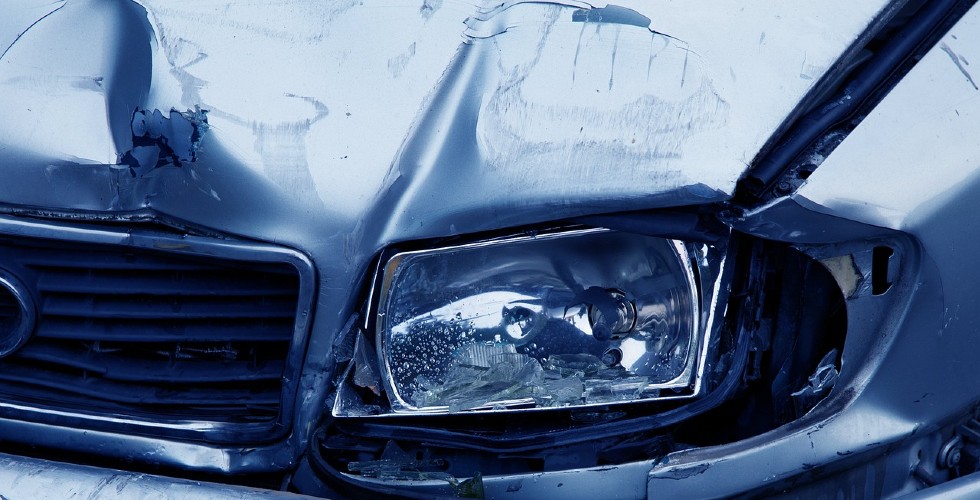When you’re involved in a car accident, the immediate aftermath can be chaotic, stressful, and confusing. Your priority should always be the safety and well-being of everyone involved. However, once you’ve ascertained that all parties are safe, it’s crucial to start documenting the accident. Here’s why gathering evidence is important and what exactly you should document.
The Importance of Gathering Evidence After a Car Accident
Evidence gathered at the scene of a car accident can be invaluable during the claims process. It can help establish what happened, who was at fault, and the extent of the damages. This information is critical for insurance claims, potential legal action, and can help to ensure that you are fairly compensated for any losses or injuries.
Without evidence, you may find yourself in a “he said, she said” situation where it’s your word against the other party’s. In such cases, determining fault can become complicated, and you might not receive the compensation you deserve. Moreover, memories fade and accident details can become unclear over time, so immediate documentation helps preserve the facts.
What to Document After a Car Accident
- Photographic Evidence:
- Take pictures of the accident scene from various angles, showing the positions of the vehicles, traffic signs, and any skid marks on the road.
- Photograph vehicle damage in detail, including both your car and the other vehicle(s) involved.
- Capture images of the surrounding area, including street names, landmarks, and any potential hazards or contributing factors to the accident.
- If there are any visible injuries, take photographs of them as well.
- Personal and Vehicle Information:
- Exchange information with the other driver(s), including names, addresses, phone numbers, insurance details, and vehicle registration numbers.
- Note the make, model, color, and year of the other vehicle(s) involved in the accident.
- Witness Information:
- Collect contact information from any witnesses to the accident. Their accounts may be vital if there are disputes about the events that transpired.
- If they are willing, take a brief statement from them about what they saw.
- Official Reports:
- Call the police to the scene, especially if there are significant injuries or damages. The police report is a crucial piece of evidence when filing an insurance claim or lawsuit.
- Obtain a copy of the police report once it’s available.
- Environmental and Road Conditions:
- Document the weather, lighting, and road conditions at the time of the accident. These factors can contribute to the cause or severity of the accident.
- Injury and Medical Reports:
- Keep detailed records of any medical treatment you receive as a result of the accident, including doctor’s visits, diagnoses, medications, and any other related expenses.
- Document any pain and suffering, including ongoing symptoms and how the injuries have impacted your daily life.
- Traffic and Surveillance Cameras:
- Look for any nearby surveillance cameras that may have captured the accident. This could include traffic cameras, security cameras from nearby businesses, or dash cams from other vehicles.
- Diagrams and Notes:
- Draw a diagram of the accident scene, indicating the direction and position of the vehicles before, during, and after the collision.
- Write down notes on the sequence of events leading up to the accident while it’s fresh in your mind. Include any details that might be pertinent, no matter how small they may seem.
- Correspondence:
- Keep a log of all correspondence with your insurance company, the other driver’s insurance company, and any other communications related to the accident.
- Financial Impact:
- Document any expenses incurred as a result of the accident, such as towing fees, rental car costs, and lost wages if you’re unable to work.
Conclusion:
Documenting a car accident thoroughly can significantly affect the outcome of insurance claims and legal proceedings. By meticulously collecting evidence and keeping detailed records, you protect your interests and ensure a more accurate and fair resolution. Remember that while the process may seem burdensome at the moment, the effort will be invaluable when it comes to supporting your case. Always consider consulting with a legal professional to ensure that your rights are fully protected throughout the claims process.
This comprehensive guide should help to equip you with the knowledge to document your car accident effectively. However, each accident is unique, and this guide is not a substitute for professional legal advice tailored to your specific situation.

